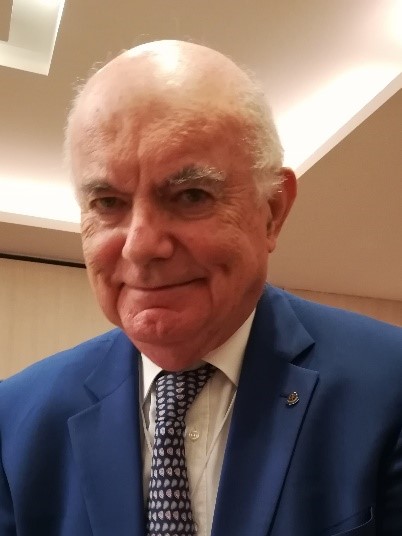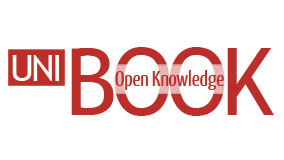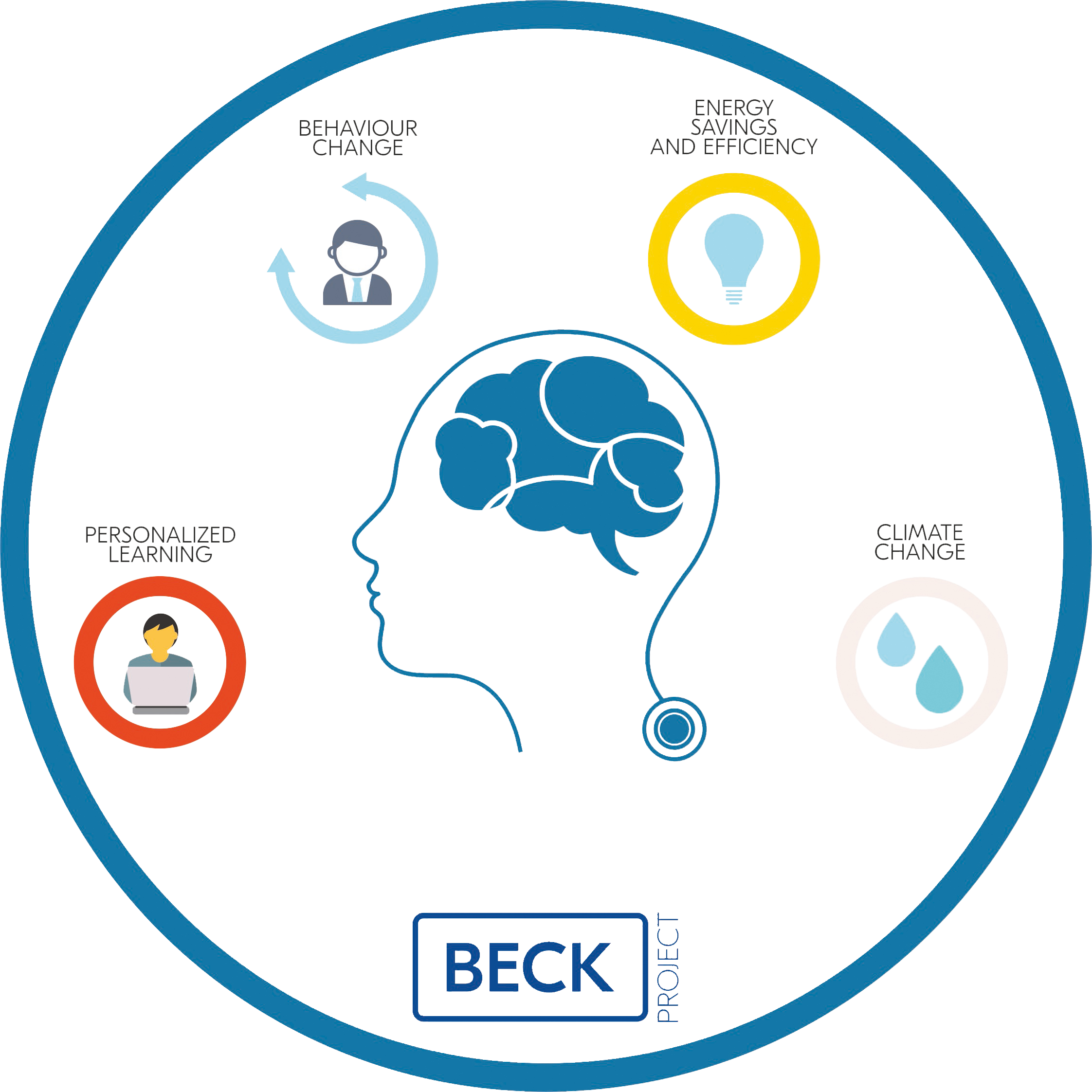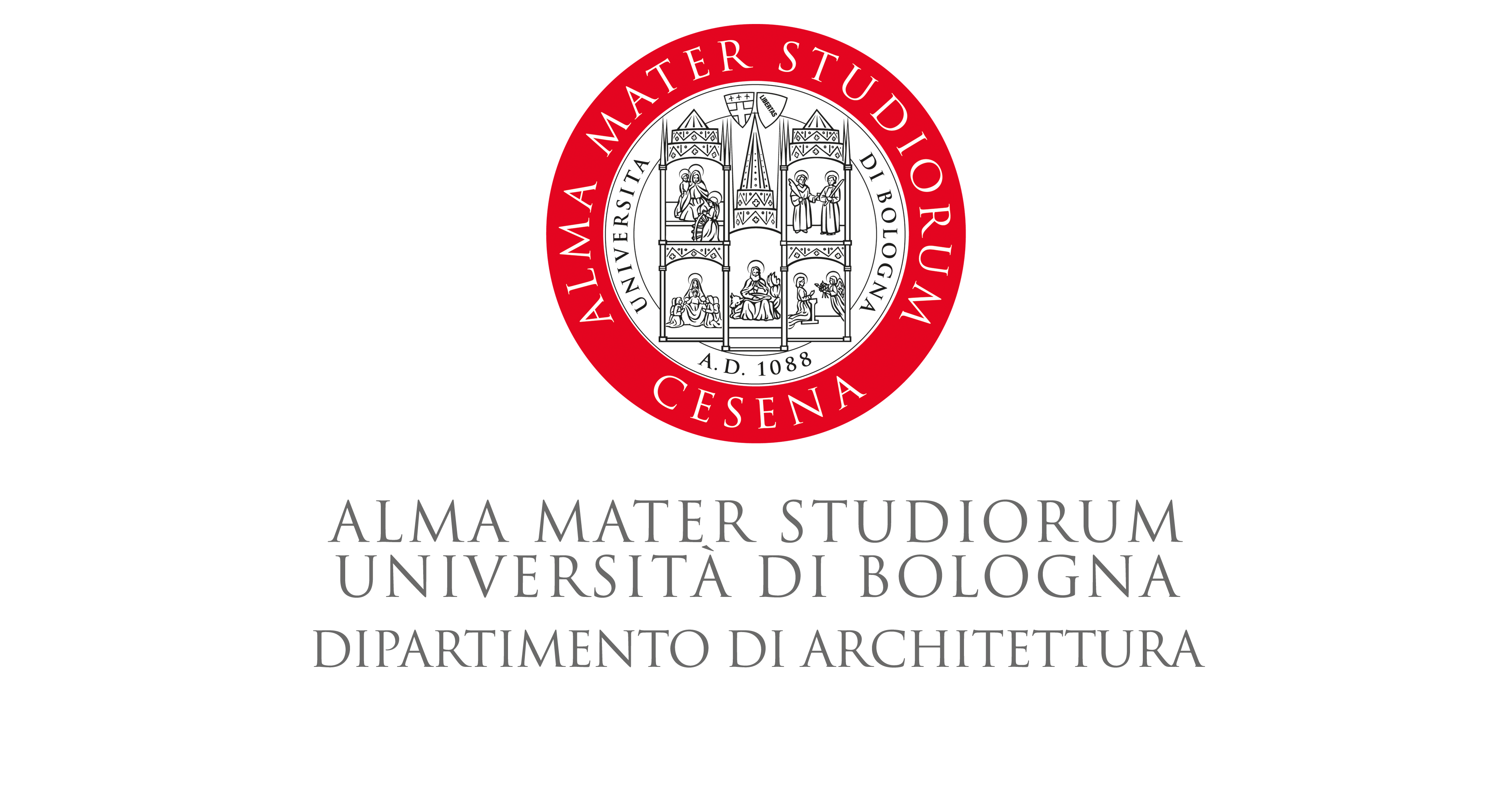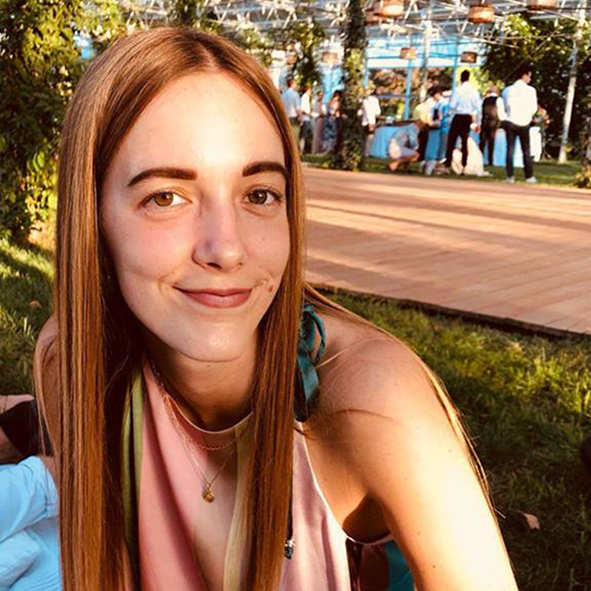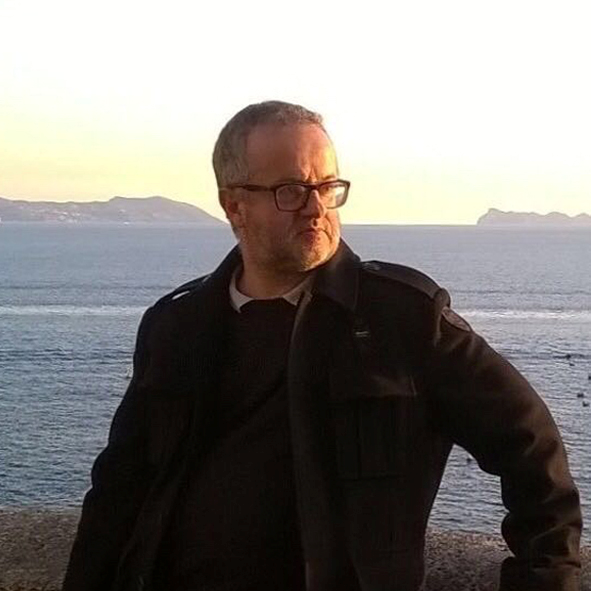About This Course
BECK - Integrating education with consumer behaviour relevant to energy efficiency and climate change at the Universities of Russia, Sri Lanka and Bangladesh.
BECK is a project co-funding by the Erasmus+ Programme of the European Union which aims to improve the quality of education on the issues of energy efficiency and climate change in a circular economy perspective. By acting on human resources, it focuses on strategies for the environmental protection, including through actions for the preservation of heritage buildings.
Since acting on new buildings only is not sufficient to achieve the environmental targets, the heritage buildings preservation is also needed to reach this goal, in addition to the social and cultural needs it meets. In this regard, the aims of this MOOC about “Climate Change Risk Assessment for the Heritage Buildings” are to fill technical capacity gaps in energy efficiency improvement and climate change effects mitigation, to stimulate cultural sensitivity for heritage protection, and to integrate the historical buildings conservation strategies according to the most recent international guidelines.
The MOOC weeks address the issues of preservation and energy efficiency, as well as the aspect of the management of interventions of energy saving in cultural heritage.
This MOOC is structured in three WEEKS, in addition to a WEEK 0 course introduction. Each WEEK has modules and lessons consisting of texts, videos, quizzes.
- WEEK 1 - Preservation and energy efficiency: the reference framework.
- WEEK 2 - From theory to practice.
- WEEK 3 - The management of interventions of energy saving in cultural heritage.

This project has received funding from the European Union’s Horizon 2020 research and innovation programme under grant agreement No 822638. The views and opinions expressed in this MOOC are the sole responsibility of the author(s) and do not necessarily reflect the views of the European Commission/Research Executive Agency.
Project Reference number: 598746-EPP-1-2018-1-LT-EPPKA2-CBHE-JP
Grant Agreement number: 2018-2489/001-001
Programme: Erasmus+
Key Action: Cooperation for innovation and the exchange of good practices
Action Type: Capacity building in higher education
Requirements
No prerequisite knowledge is required.
Quizzes and scores
The course includes quizzes that will be evaluated and each correct answer is counted as 1 point.
The course is considered successfully completed if the participant answers correctly at least 60% of the questions in total.
After successfully completing the course you can download and print out the Certificate of Accomplishment.
Certificate of Accomplishment
The Certificate of Accomplishment will be released to anyone who successfully completed the course by answering correctly to at least 60% of the questions.
You will be able to download the Certificate of Accomplishment directly on "Progress" tab inside the course.
The Certificate of Accomplishment does not confer any academic credit, grade or degree.
Subtitles
For better understanding, subtitles are available for each video and can be activated or not. If you want to revise some crucial passages you can move through the video content and click on the attached text.
Additional materials
To deepen the topics discussed in the MOOC, there are the Additional Material and Isights sections where you will find bibliography and other helpful documents.
FAQ
For further information, see FAQ page.
Course Professors
Massimo Bianchi
Prof. Massimo Bianchi is former full professor in Business Management, School of Economics, Management and Statistics of Forlì, University of Bologna and Alma Mater Bologna honorary professor. He is Project Manager of national and international projects as RESINT, DOCSMES, SVILOPIM and Chartered Accountant .
His main research interests are: Network Analysis, Performance Evaluation, Practice and Experimental Management, Small Business Management, Project Management, Management of Public Administrations . On these topics he is Author of several publications.
Among his most recent publications: (2021) “The Evolutionary Role of Higher Education in Sustainable Development: Pandemic 2020–2021", Vol. 2 No. 60, 2021, Eurasian Journal of Economic and Business Studies, with G.Dinzhanova; (2019) "Beyond the structural modelling for the analysis of organizational performances in the resilience management" pubbl. in Economia Aziendale on Line, www.ea.2000.it, Edizione Speciale. Pavia Vol 10, No 1 SPECIAL ISSUE ISSN 2038-5498; (2019) “The contribution of archaeologists to the multidisciplinary approach in managerial studies on resilience. The experiences of Sara Santoro”, Athens Journal of Mediterranean Studies, Athens Institute for Education and Research vol. 5, issue 4, October 2019, pp. 207-224.
Professor's web page: click here
Giulia Favaretto
Giulia Favaretto is an Adjunct Professor and Research Fellow in Architectural Restoration at the University of Bologna. PhD in Architecture, she is the author of volumes and papers on the conservation of the 20th century heritage and on the relationship between modernity and restoration. In parallel with these fields of investigation, her research path develops the themes connected with the combination of improving energy behaviour and preserving heritage buildings. Speaker in national and international conferences, she is an Adjunct Professor also at the University of Parma. She is a member of SIRA, AISU, CICOP Italia and DOCOMOMO Italia.
Professor's web page: click here
Marco Pretelli
Marco Pretelli is a Full Professor of Architectural Restoration at the University of Bologna. PhD in Conservation of Architecture, he has been the architect director at several "Soprintendenze", directing the restoration sites of the "Prigioni Nuove" and "San Geremia" in Venice: exceptional opportunities for technical and professional commitment, but above all for research. He is a member of the teaching board of the PhD in Architecture at the University of Bologna. He carried out studies on the history of the discipline of restoration; on the activity of legislation, in its historical evolution; on issues of a more operational nature, with reference to the management of cultural heritage; on the problems connected with the installation of plant systems. Latest field of research, the microclimatic in historical architecture.
Professor's web page: click here
